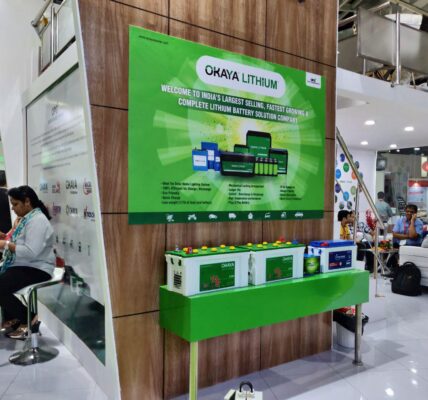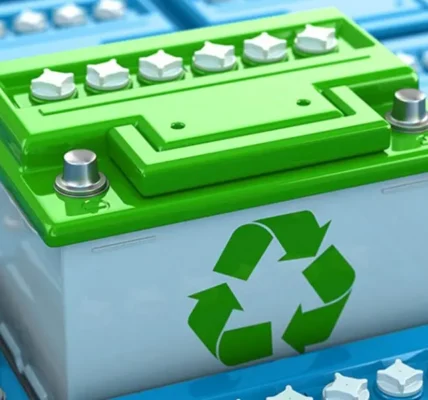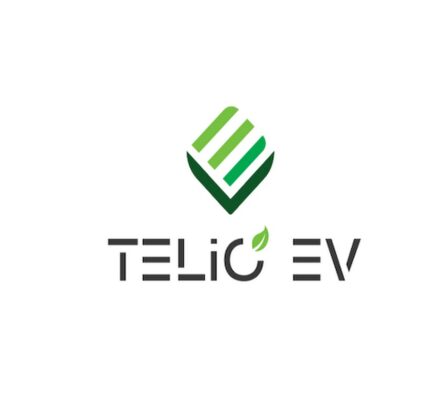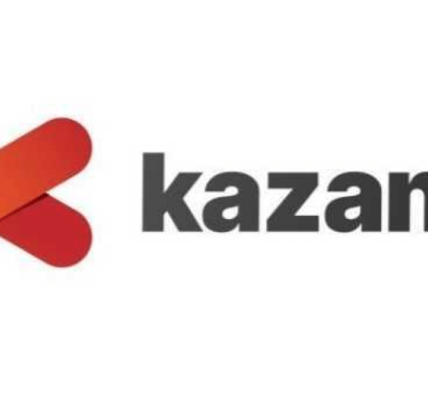U.K.-based Faradion Ltd, a manufacturer of sodium-ion batteries, has announced a partnership with Infraprime Logistics Technologies (IPLTEC) to provide batteries for commercial vehicles in the Indian electric vehicle market.
IPLTech is a Gurgaon-based heavy goods vehicle fleet service provider. The company has been trying to halve the cost of infrastructure development through a fleet of electric trucks coupled with data-driven vehicle management. The team at IPLTech has compiled datasets of project sites, crusher operators, miners, transporters, and routes on which trucks can travel. Using real-time analytics, they match unassigned orders with available vehicles.
This increases vehicle utilization and minimizes the chances of a few suppliers courting multiple orders. Through field operations, IPLTech has mapped data on concentrated routes in construction-heavy clusters. Leveraging this data, digital solutions are developed to provide real-time visibility to fleet operators and clients. IPLTech claims that theirelectric truck is the first of its kind heavy-duty fully electric vehicle to be integrated and deployed in India.
Faradion’s press statement said that “India has demonstrated a growing appetite for moving towards commercial electric vehicles, driven by the government’s target of 30% electric vehicle adoption by 2030. It has given a significant push to infrastructure by allocating $1.4 trillion (~₹105.2 trillion) for infrastructure to be invested by 2025.”
The company also noted that India’s allocation for the development of infrastructure of electric vehicles is higher compared to the U.K., which allocated $35 billion (~₹2.6 trillion) and the United States with an allocation of $500 billion (₹37.6 trillion) for the same period.
Faradion noted that its sodium-ion battery technology provides similar performance to conventional chemistries while replacing expensive materials such as cobalt and lithium with the far more abundant sodium. Unlike lithium-ion batteries, these batteries have exceptional thermal stability and safety and can be safely transported and maintained at zero volts.
Lithium-ion batteries are some of the most commonly used types of batteries used in electronic devices and vehicles. They are usually smaller, lighter, and more compact compared to their alternatives. However, they are delicate and need protection from being over-charged and discharged too far, which usually requires additional circuitry, making them more expensive to make. They also require much lower maintenance compared to other types of batteries.
Recently, researchers at the Washington State University and Pacific Northwest National Laboratory announced that they had created a sodium-ion battery that can be made with widely and cheaply available materials. They said that these batteries work as well as commercially available lithium-ion batteries, adding that they offer similar performance and can retain more than 80% of their charge even after 1,000 charge cycles.







